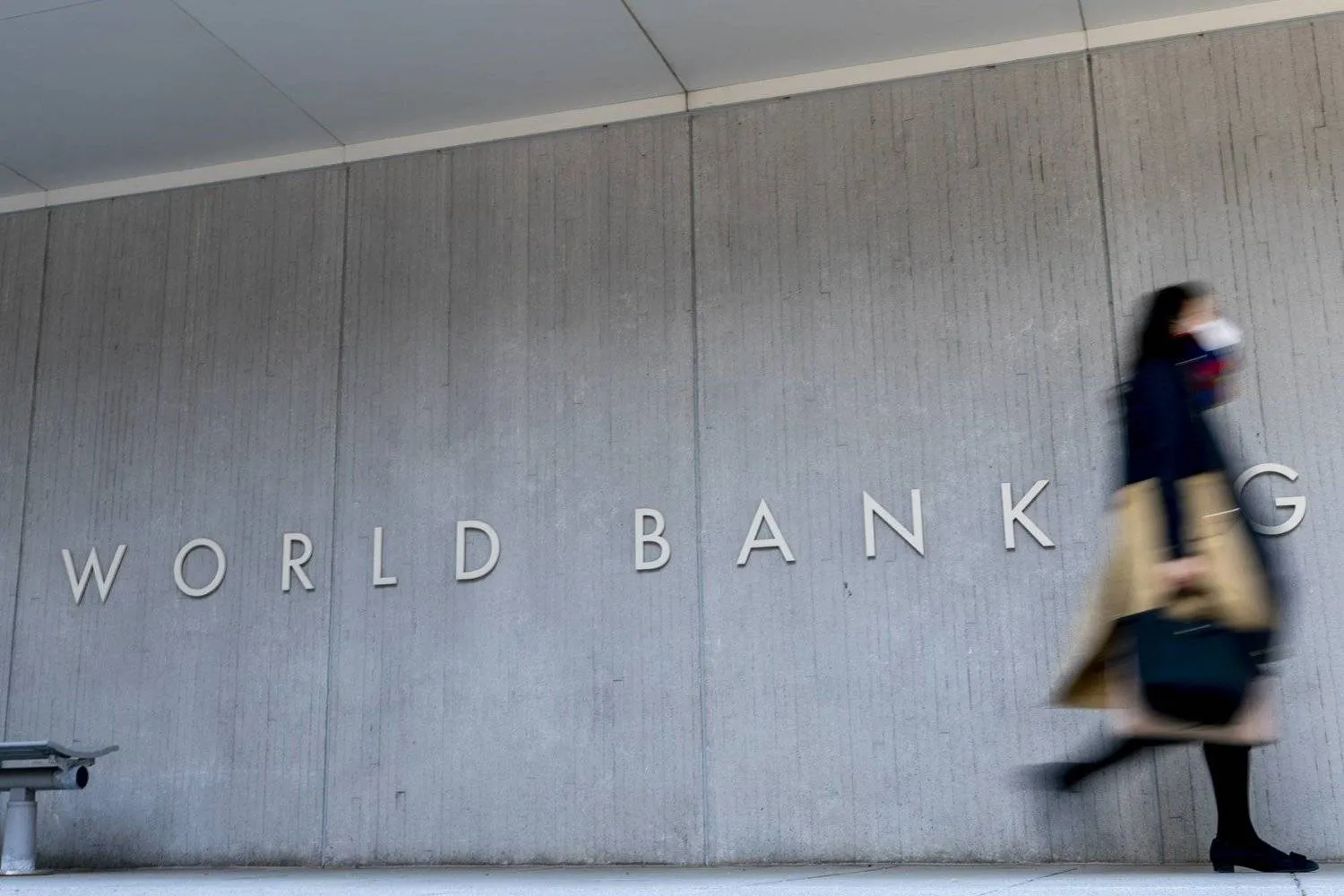An escalation of the latest conflict in the Middle East - which comes on top of disruptions caused by the war between Russia and Ukraine - could push global commodity markets into uncharted waters, according to the World Bank’s latest Commodity Markets Outlook.
The report provides a preliminary assessment of the potential near-term implications of the conflict for commodity markets. It finds that the effects should be limited if the conflict doesn’t widen.
“Under the Bank’s baseline forecast, oil prices are expected to average $90 a barrel in the current quarter before declining to an average of $81 a barrel next year as global economic growth slows.
Overall commodity prices are projected to fall 4.1% next year. Prices of agricultural commodities are expected to decline next year as supplies rise. Prices of base metals are also projected to drop 5% in 2024,” according to the report.
The World Bank added that the conflict’s effects on global commodity markets have been limited so far. “Overall oil prices have risen about 6 % since the start of the conflict. Prices of agricultural commodities, most metals, and other commodities have barely budged.”
But the WB warned that “The outlook for commodity prices would darken quickly if the conflict were to escalate. The report outlines what might happen under three risk scenarios based on historical experience since the 1970s. The effects would depend on the degree of disruption to oil supplies.”
“In a “small disruption” scenario, the global oil supply would be reduced by 500,000 to 2 million barrels per day—roughly equivalent to the reduction seen during the Libyan civil war in 2011. Under this scenario, the oil price would initially increase between 3% and 13% relative to the average for the current quarter—-to a range of $93 to $102 a barrel.”
In a “medium disruption” scenario—roughly equivalent to the Iraq war in 2003—the global oil supply would be curtailed by 3 million to 5 million barrels per day. That would drive oil prices up by 21% to 35% initially—to between $109 and $121 a barrel.
In a “large disruption” scenario—comparable to the Arab oil embargo in 1973— the global oil supply would shrink by 6 million to 8 million barrels per day. That would drive prices up by 56% to 75% initially—to between $140 and $157 a barrel.
“The latest conflict in the Middle East comes on the heels of the biggest shock to commodity markets since the 1970s—Russia’s war with Ukraine,” said Indermit Gill, the World Bank’s Chief Economist and Senior Vice President for Development Economics.
“That had disruptive effects on the global economy that persist to this day. Policymakers will need to be vigilant. If the conflict were to escalate, the global economy would face a dual energy shock for the first time in decades—not just from the war in Ukraine but also from the Middle East,” he added.
“Higher oil prices, if sustained, inevitably mean higher food prices,” said Ayhan Kose, the World Bank’s Deputy Chief Economist and Director of the Prospects Group.
“If a severe oil-price shock materializes, it would push up food price inflation that has already been elevated in many developing countries. At the end of 2022, more than 700 million people—nearly a tenth of the global population—were undernourished. An escalation of the latest conflict would intensify food insecurity, not only within the region but also across the world,” according to Kose.
The report added, “The fact that the conflict has so far had only modest impacts on commodity prices may reflect the global economy’s improved ability to absorb oil price shocks.”
Since the energy crisis of the 1970s, the report says, countries across the world have bolstered their defenses against such shocks. They have reduced their dependence on oil—the amount of oil needed to generate $1 of GDP has fallen by more than half since 1970. They have a more diversified base of oil exporters and expanded energy resources, including renewable sources.
Some countries have established strategic petroleum reserves, set up arrangements for the coordination of supply, and developed futures markets to mitigate the impact of oil shortages on prices. These improvements suggest that an escalation of the conflict might have more moderate effects than would have been the case in the past.
Policymakers nevertheless need to remain alert, the report adds.
“Some commodities—gold in particular—are flashing a warning about the outlook. Gold prices have risen about 8% since the onset of the conflict. Gold prices have a unique relationship to geopolitical concerns: they rise in periods of conflict and uncertainty often signaling an erosion of investor confidence.”









